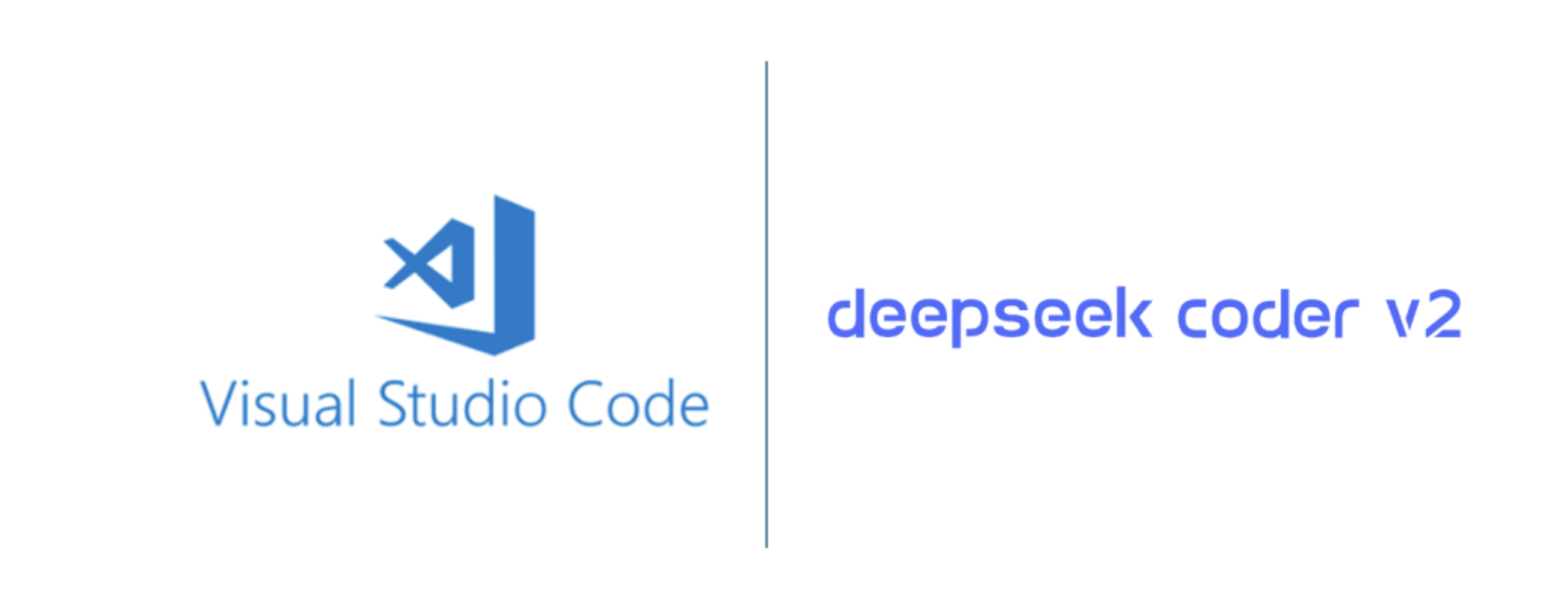Recently, DeepSeek released their open-source DeepSeek-Coder-V2 model, which has achieved remarkable performance across various evaluation metrics, outperforming leading closed-source models and receiving widespread acclaim. After experiencing the impressive capabilities of this model firsthand, I decided to test its integration with VS Code for local development.
Test Results
During my local testing, I used the Ollama tool to run DeepSeek-Coder-V2. Initially, the setup failed due to compatibility issues with Ollama version 1.44 and below when supporting DeepSeek-Coder-V2. However, two days later, Ollama updated to version 1.45, which fixed the model support issues. The final configuration was successful, and the experience has been absolutely perfect.
Prerequisites
Before getting started, ensure you have the following:
- GPU Support: Either an NVIDIA GPU or M-series MacBook is required for optimal performance
- Sufficient RAM: At least 16GB recommended for smooth operation
- Stable Internet Connection: For initial model download
Installation Process
Step 1: Install Ollama
Visit the official Ollama website and download the appropriate version for your operating system. Follow the installation instructions specific to your platform.
Step 2: Download and Test DeepSeek-Coder-V2
Once Ollama is installed, download the DeepSeek-Coder-V2 model and start the service:
$ ollama run deepseek-coder-v2
This command will download the model (if not already present) and start an interactive session to test if everything is working correctly.
Step 3: Install Continue.dev Extension
Open VS Code and install the Continue.dev extension from the marketplace. This extension will serve as the bridge between VS Code and your local AI model.

Configuration
Configure Continue.dev Plugin
Create or modify the Continue.dev configuration file with the following settings:
{
"models": [
{
"title": "Deepseek",
"provider": "ollama",
"model": "deepseek-coder-v2"
},
{
"title": "Codestral",
"provider": "ollama",
"model": "codestral"
},
{
"title": "Ollama",
"provider": "ollama",
"model": "AUTODETECT"
}
],
"customCommands": [
{
"name": "test",
"prompt": "{{{ input }}}\n\nWrite a comprehensive set of unit tests for the selected code. It should setup, run tests that check for correctness including important edge cases, and teardown. Ensure that the tests are complete and sophisticated. Give the tests just as chat output, don't edit any file.",
"description": "Write unit tests for highlighted code"
}
],
"tabAutocompleteModel": {
"title": "DeepSeek",
"provider": "ollama",
"model": "deepseek-coder-v2"
},
"allowAnonymousTelemetry": true,
"embeddingsProvider": {
"provider": "transformers.js"
}
}
Configuration Breakdown
- Models Array: Defines multiple AI models you can switch between
- Primary model set to DeepSeek-Coder-V2
- Fallback options including Codestral and auto-detection
- Custom Commands: Predefined prompts for specific tasks like unit test generation
- Tab Autocomplete: Enables real-time code completion using DeepSeek-Coder-V2
- Embeddings Provider: Uses transformers.js for local text embeddings
Usage and Features
Code Completion
Once configured, DeepSeek-Coder-V2 will provide intelligent code suggestions as you type. The model excels at:
- Context-aware completions: Understanding your codebase context
- Multi-language support: Works across various programming languages
- Pattern recognition: Learning from your coding patterns and style
Chat Interface
Use the Continue.dev chat interface to:
- Ask questions about your code
- Request explanations for complex algorithms
- Get suggestions for code improvements
- Generate documentation
Custom Commands
The configured test command allows you to:
- Select a code block
- Run the custom “test” command
- Generate comprehensive unit tests automatically
Performance Considerations
Hardware Requirements
- Memory: DeepSeek-Coder-V2 requires significant RAM. Monitor your system resources during use
- GPU Utilization: The model performs best with dedicated GPU acceleration
- Storage: Ensure adequate disk space for the model files (several GB)
Optimization Tips
- Close unnecessary applications to free up system resources
- Adjust model parameters in Ollama if experiencing performance issues
- Use specific prompts for better results from the AI model
- Regular updates: Keep Ollama and Continue.dev updated for best compatibility
Troubleshooting
Common Issues
Model fails to load:
- Verify Ollama version is 1.45 or higher
- Check available system memory
- Ensure GPU drivers are up to date
Slow response times:
- Monitor system resources
- Consider reducing model precision if supported
- Close other resource-intensive applications
Integration problems:
- Restart VS Code after configuration changes
- Verify Continue.dev extension is properly installed
- Check Ollama service is running
Conclusion
With GPU support, I highly recommend trying this open-source model. The combination of VS Code, Continue.dev, and DeepSeek-Coder-V2 creates a powerful local AI coding environment that rivals commercial solutions like GitHub Copilot. The setup process, while requiring some technical knowledge, results in a completely local AI assistant that respects your privacy and provides excellent coding assistance.
The experience has been transformative for my coding workflow, offering intelligent suggestions, comprehensive explanations, and automated testing capabilities—all running locally without sending code to external servers.
